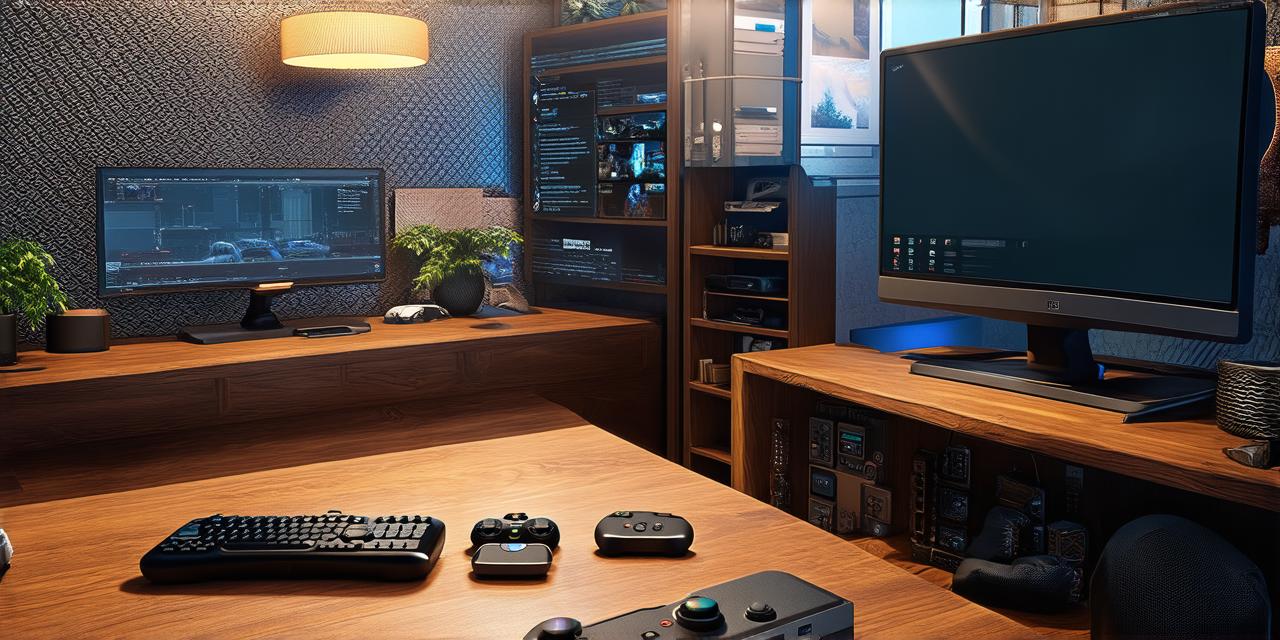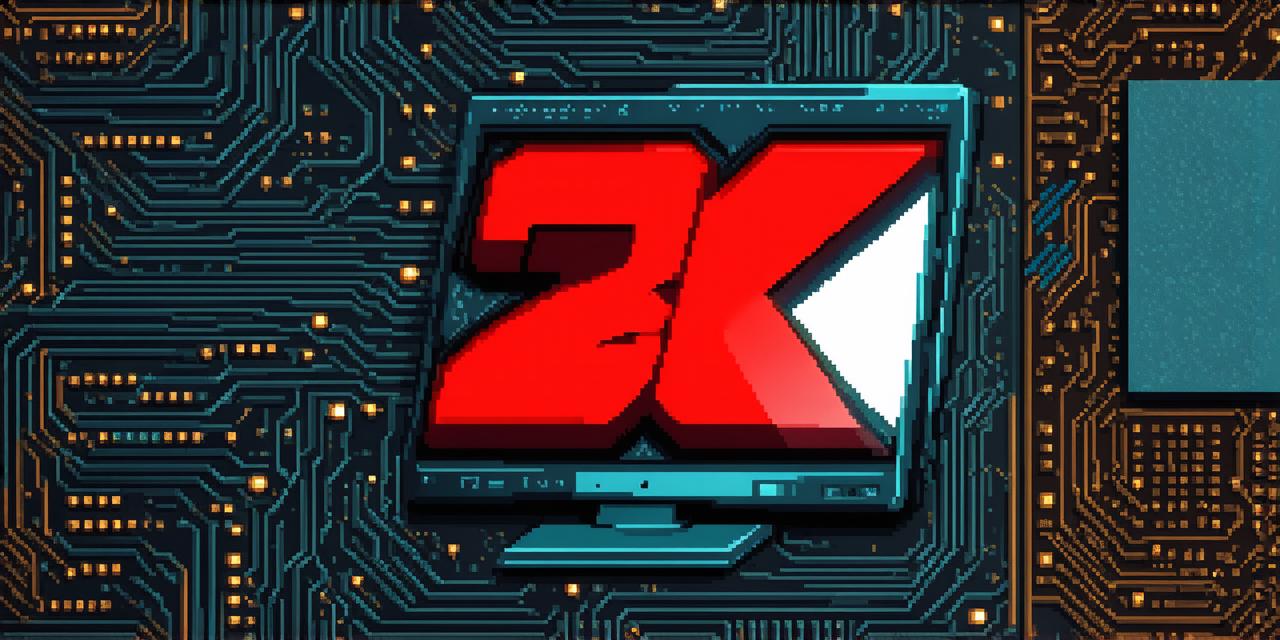Introduction:
Game development is a complex process that requires creativity, technical skills, and attention to detail. Whether you are just starting out or a seasoned game developer, there are always ways to improve your craft and increase your chances of success. In this article, we will share some top tips for successful game development that can help you take your games to the next level.
1. Define Your Vision
The first step in successful game development is to define your vision. This means identifying the type of game you want to create, who your target audience is, and what your goals are. By having a clear understanding of your vision, you can focus on creating a game that resonates with your audience and meets your business objectives.
2. Conduct Market Research
Market research is crucial for successful game development. This involves gathering data about your target audience, their preferences, and the competition in the market. By conducting market research, you can identify gaps in the market and create a game that stands out from the crowd.
3. Use Agile Methodology
Agile methodology is a popular approach to game development that emphasizes flexibility, collaboration, and continuous improvement. This approach involves breaking down the development process into smaller, manageable tasks that are completed iteratively. By using agile methodology, you can stay on track, adapt to changing requirements, and deliver a high-quality product on time.
4. Invest in Quality Assurance
Quality assurance (QA) is an essential part of game development that involves testing the game for bugs, errors, and usability issues. By investing in QA, you can catch these issues early on and ensure that your game meets the highest standards of quality. This can save you time and money in the long run and improve your game’s overall user experience.
5. Use Proper Tools and Technologies
Using the right tools and technologies is essential for successful game development. This includes everything from game engines to programming languages, art software, and sound editing tools. By using the right tools and technologies, you can streamline your development process, increase productivity, and improve the overall quality of your game.
6. Build a Strong Team
Building a strong team is crucial for successful game development. This includes hiring talented individuals who have the necessary skills and experience to contribute to the project. By building a strong team, you can ensure that your game is developed efficiently and effectively, and that everyone is working towards the same goals.
7. Stay Up-to-Date with Industry Trends
Staying up-to-date with industry trends is essential for successful game development. This involves keeping an eye on new technologies, best practices, and emerging trends in the gaming world. By staying informed, you can adapt your development process to keep pace with the rapidly changing landscape of gaming and stay ahead of the competition.
8. Launch a Marketing Campaign
Launching a marketing campaign is essential for successful game distribution. This involves creating a compelling marketing plan that targets your audience and promotes your game. By launching an effective marketing campaign, you can generate buzz around your game, increase its visibility, and drive sales.
9. Continuously Iterate and Improve
Continuously iterating and improving is essential for successful game development. This involves regularly reviewing your game’s performance, gathering feedback from users, and making improvements based on this feedback. By continuously iterating and improving, you can ensure that your game remains relevant and engaging for your audience.
Conclusion:
Successful game development requires creativity, technical skills, and a focus on quality. By following these top tips, you can improve your craft and increase your chances of success. Remember to define your vision, conduct market research, use agile methodology, invest in quality assurance, use proper tools and technologies, build a strong team, stay up-to-date with industry trends, launch a marketing campaign, and continuously iterate and improve. With these tips in mind, you can create a game that resonates with your audience and stands out in the competitive gaming world.



